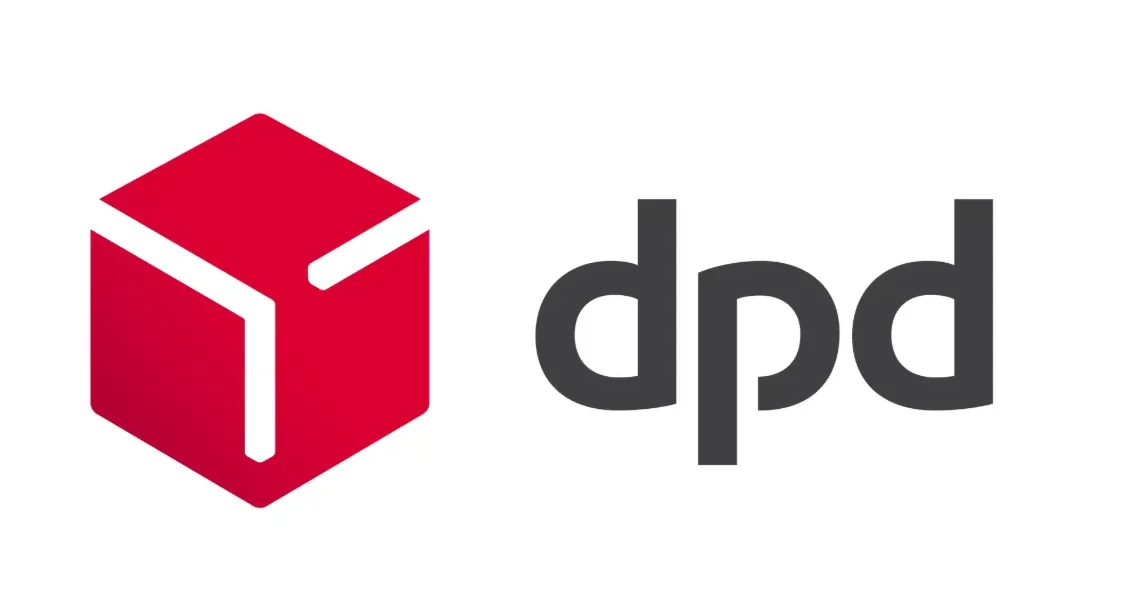Starting a business can be daunting, but franchising offers a way to join an established brand with a proven system. In the UK, one of the most recognisable names in parcel delivery is DPD. With the rise of online shopping and the increasing demand for reliable logistics, joining DPD as a franchisee has become an attractive prospect. Yet before committing, the most important question to answer is how much it costs to buy and run a DPD franchise.
The Initial Cost of a DPD Franchise
DPD operates an Owner Driver Franchise model, which allows individuals to run their own delivery route while using the company’s branding and systems. The initial fee to join is relatively modest compared to many traditional franchises. Typically, new franchisees pay a deposit that can range from just over one thousand pounds to around two and a half thousand pounds. In addition, there is a one-off franchise fee, often a few hundred pounds, which secures the agreement with DPD and provides access to training and business support.
The largest part of the start-up investment is usually the vehicle. DPD requires its drivers to use a van that meets company standards, complete with livery and appropriate equipment. Some franchisees may already own a suitable van, which lowers their entry costs. Others will need to lease or buy one, and this can be a significant financial step. Alongside the van, franchisees should expect to cover costs such as insurance, branded uniforms, and handheld devices used for tracking and scanning parcels.
Ongoing Running Expenses
Once the franchise is up and running, there are regular expenses that must be managed carefully. Fuel is an obvious and unavoidable cost, especially with the high mileage that comes with parcel delivery. Vehicle maintenance, servicing, and eventual replacement of tyres or parts are also recurring costs that must be budgeted for. If the vehicle is leased, the monthly repayments form a consistent outgoing.
Insurance is another ongoing requirement. Cover is needed not only for the van but also for goods in transit and public liability. These protections are essential for both meeting DPD’s franchise standards and safeguarding the business from risks. Other smaller but still important expenses include mobile phones, software subscriptions, and uniforms. Although these costs may appear minor, they quickly add up over the course of a year and must be factored into financial planning.
Potential Earnings and Return on Investment
While costs may seem significant, many franchisees find the earnings potential attractive. DPD operates in a sector where demand is strong and growing, thanks to the continued shift toward e-commerce. Franchisees are typically paid per route and per delivery, meaning income depends on the number of parcels delivered and the efficiency of operations.
In the early stages, a large proportion of earnings may be directed towards covering start-up and operational expenses. However, as a franchise becomes more established, income tends to rise. Some franchisees even expand by adding more vans and drivers under their business, increasing turnover and profits. It is not a get-rich-quick scheme, but for committed individuals who enjoy independence and hard work, it can become a stable and rewarding career.
Is It Worth the Cost?
The appeal of the DPD franchise lies in its relatively low entry fee compared to other business opportunities, combined with the security of being tied to a trusted national brand. The delivery industry continues to grow, which makes it a sector with long-term potential. However, success is not automatic. The work is physically demanding, the hours can be long, and the margins require careful management of costs. For the right person, though, the balance of affordability, brand strength, and income opportunity makes the investment worthwhile.
Conclusion
So, how much does a DPD franchise cost in the UK? The answer is that the financial entry point is lower than many other franchises, but it is not limited to a single fee. The real investment lies in acquiring a suitable van, maintaining it, covering insurance, and managing ongoing operating expenses. In return, franchisees gain access to a booming market and the support of one of the UK’s leading parcel delivery companies. For motivated individuals seeking independence with the backing of a strong brand, a DPD franchise represents a business opportunity that balances affordability with long-term potential.

